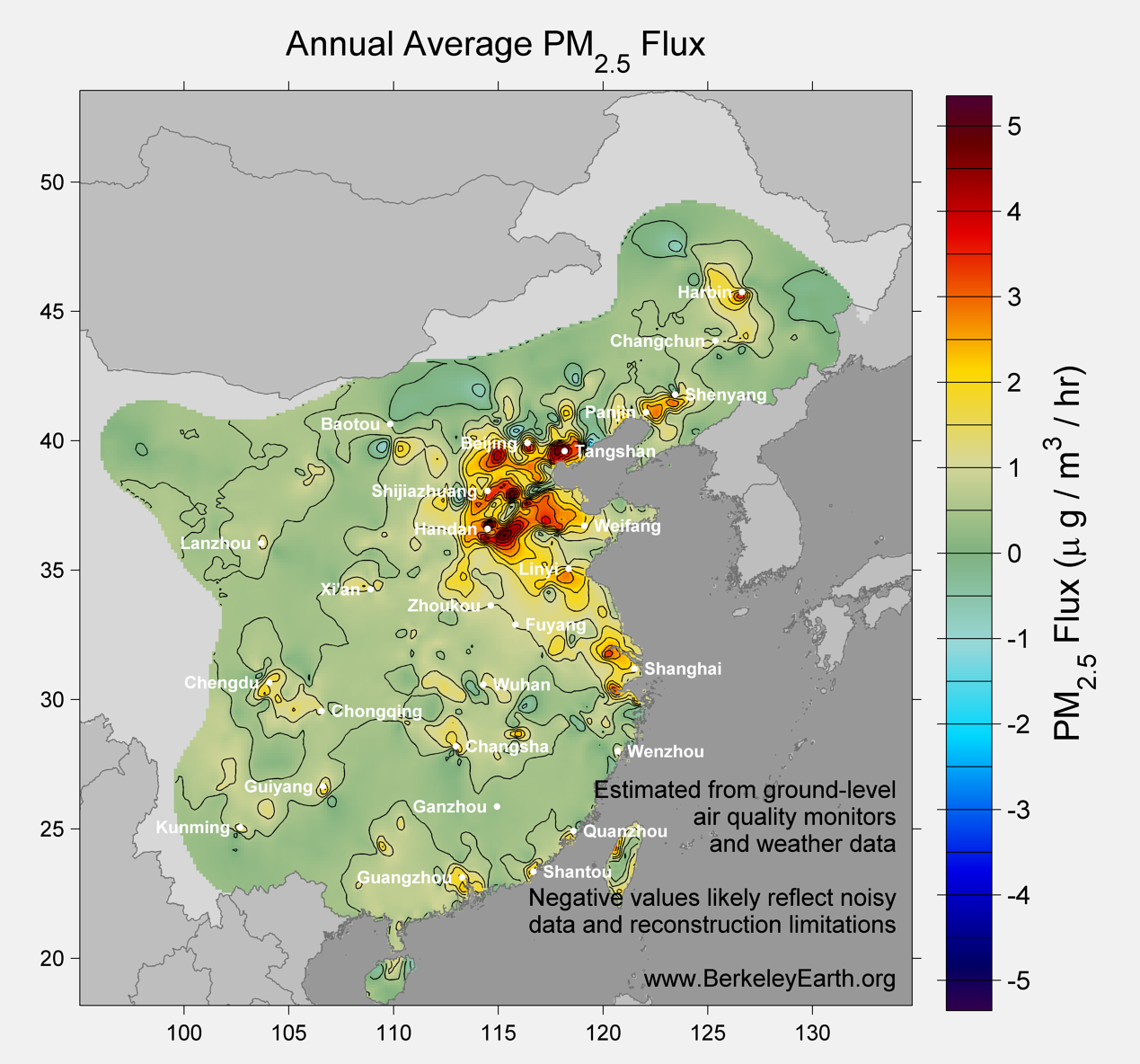Pollution behind almost 1 in 5 deaths in China: Study
Digital Reporter
Friday, August 14, 2015, 1:26 PM - China's capital Beijing is legendary for its smog days, with images of pedestrians in face masks all too common in international media.
But the city is not the only one to suffer, and a study released this month puts a number to the death toll caused by China's poor air quality: Pollution kills 4,000 people a day in the country, accounting for 17 per cent of all deaths, or almost 1 in 5.
The study, released by scientists at the University of California, Berkeley, says the worst pollution is particulate matter around 2.5 microns or smaller, which "penetrates deeply into lungs and triggers heart attacks, stroke, lung cancer and asthma."
"When I was last in Beijing, pollution was at the hazardous level," said Richard Muller, one of the study's authors, said in a release from the university. "Every hour of exposure reduced my life expectancy by 20 minutes. It's as if every man, woman and child smokes 1.5 cigarettes an hour."
The team studied hourly data from 1,500 stations over four months. They found that sources of the most harmful particulate matter matched up with sources of sulfur, indicating coal was a big contributor to the problem.

Source: Berkeley Earth
In total, around 38 per cent of China's population lives in an area whose air quality would be considered unhealthy by U.S. standards.
Beijing will be the host of the 2022 Olympics, and with the eyes of the world on the city, authorities may take measures to clear the air. However, the study's authors say they'll have to look far beyond the city for a starting point.
"Beijing is only a moderate source..." co-author Robert Rohde said. "It receives much of its pollution from distant industrial areas, particularly Shijiazhuang, 200 miles (320 km) to the southwest."
The authors say China can reverse some of the impact through use of atmospheric scrubbers, better energy efficiency and moving away from coal toward cleaner power sources like natural gas, nuclear power, solar and wind energy.
"Many of the same solutions that mitigate air pollution will simultaneously reduce China's contribution to global warming," said Elizabeth Muller, the executive director of Berkeley Earth, the branch of the university that produced the report. "We can save lives today and tomorrow."
The study's findings will be published in the journal PLOS ONE later this month.
SOURCE: Berkeley Earth



